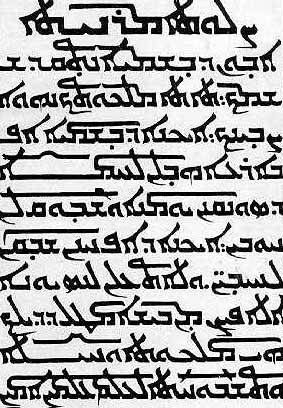Arabic
History Of The Language
Molded by the oral poetry of the century before Islam, Classical Arabic emerged as the literary language of the speakers of several closely related dialects in northern and central Arabia. Islam carried it far beyond its original frontiers.
Muslims believe God’s last and most perfect revelation to be contained in the Qur’an (written down in Prophet Muhammad’s lifetime, in the first third of the seventh century). With the rise of the Islamic empire, in which the Arabs were at first predominant, Arabic became one of the great vehicles in the transmission of human thought and knowledge.

Arabic literature and historiography are vast. From the powerful heroic verse of the pre-Islamic century to the delicate and stylized court poetry of Baghdad or Cordoba, there stretches a poetic tradition without whose influence pre-modern Persian and Turkish poetry, or Hispano-Hebrew poetry would not be as we know them.
Largely because of the importance of understanding accurately the sacred text and the narratives of the Prophet Muhammad’s acts and sayings (a basic source of Islamic law), philological and rhetorical studies flourished already in the Islamic Middle Ages. On the other hand, since philologists were only interested in texts they considered true to the Qur’anic and poetic models, much work still needs to be done by scholars of this immensely rich and subtle language.
